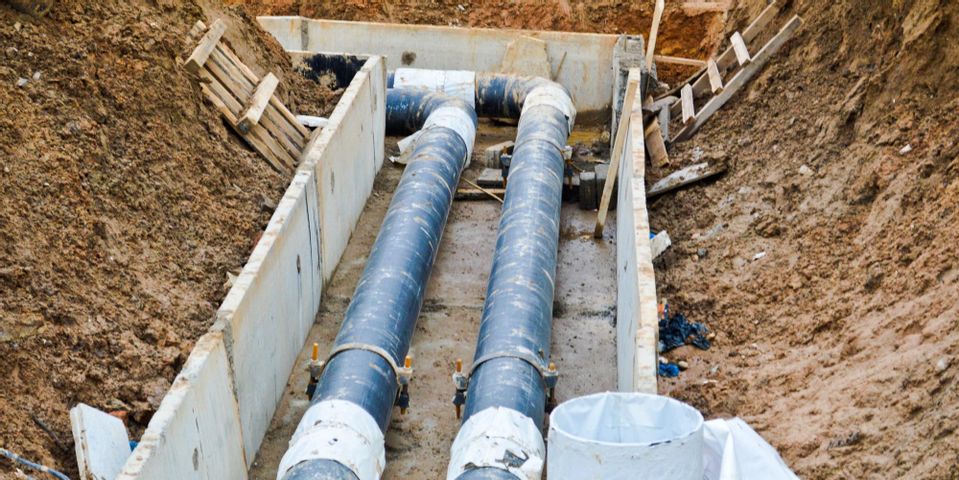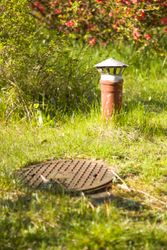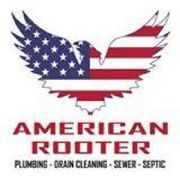What Your Plumber Wants You to Know About Sewer vs. Septic Systems

If you're building a home or renovating an existing property, one of the most crucial decisions you'll have to make is what will happen to your wastewater. Your drains can either link to a sewer connection or a septic system. Your plumber will help you decide which makes the most sense in your situation, but here's a basic overview to get you started.
Sewer
A sewer system is a public utility operated by a town or county. It gathers all of the wastewater from multiple homes and businesses and transports it for processing. Sewer connections are only available if your property is close to the existing system, so you're more likely to be able to connect to one if you live in a populated area. They're slightly easier to maintain than a septic system, although you may need occasional sewer cleaning to deal with clogs or slow pipes.
Septic
 A septic system is a private solution to wastewater management. Your wastewater collects in a tank, where water, solids, and grease separate. A series of baffles hold solids and grease back while allowing the water to pass through to a system of buried pipes called the leach or drain field. There, the soil naturally filters impurities, letting clean water flow back into the environment.
A septic system is a private solution to wastewater management. Your wastewater collects in a tank, where water, solids, and grease separate. A series of baffles hold solids and grease back while allowing the water to pass through to a system of buried pipes called the leach or drain field. There, the soil naturally filters impurities, letting clean water flow back into the environment.
You'll need septic service every two to three years to remove the solid waste from the tank. Septic systems may be the only option in rural areas, and they can also be cost-effective in areas where a sewer hookup is expensive to use. They require the right soil quality for the drain field and can't be placed too close to bodies of water either underground or at ground level.
If you want to talk to a plumber about your wastewater disposal options or how you can care for the system you have, choose American Rooter Sewer & Septic Service. Based in Albany, OR, the licensed plumbing service offers 24/7 help throughout Linn and Benton counties. For a competitive estimate, call (541) 926-1185 or visit their website.
About the Business
(1 reviews)
Have a question? Ask the experts!
Send your question

